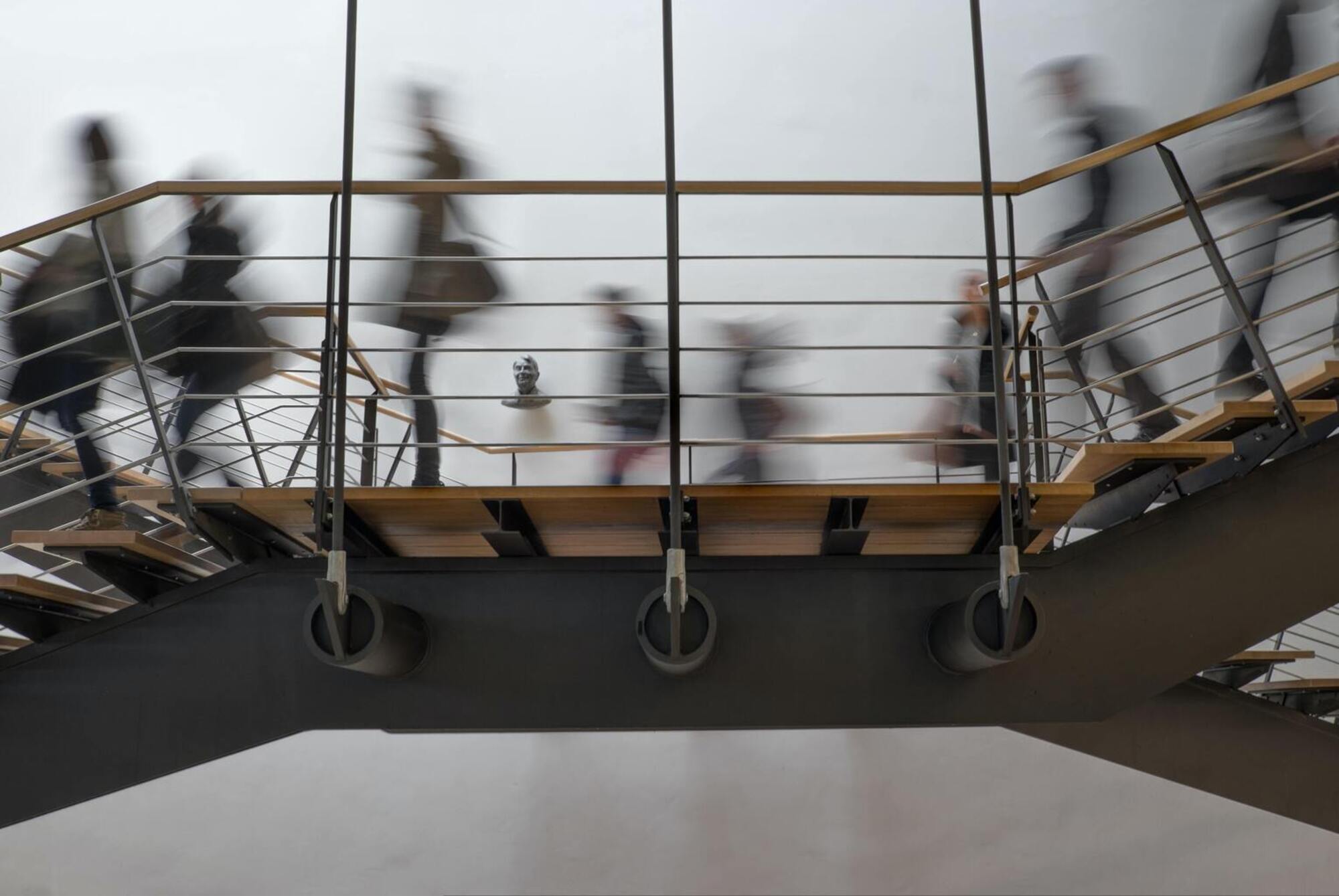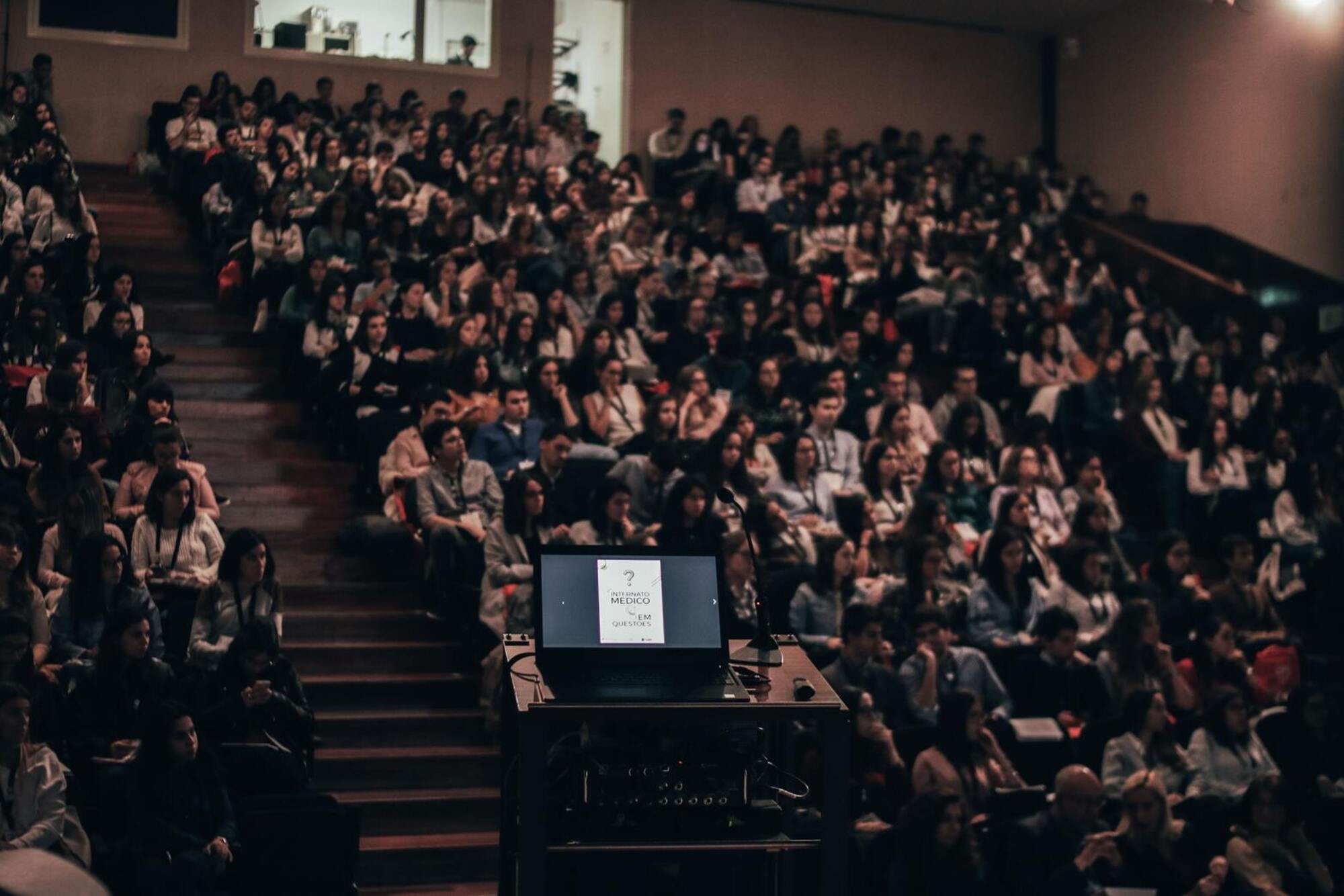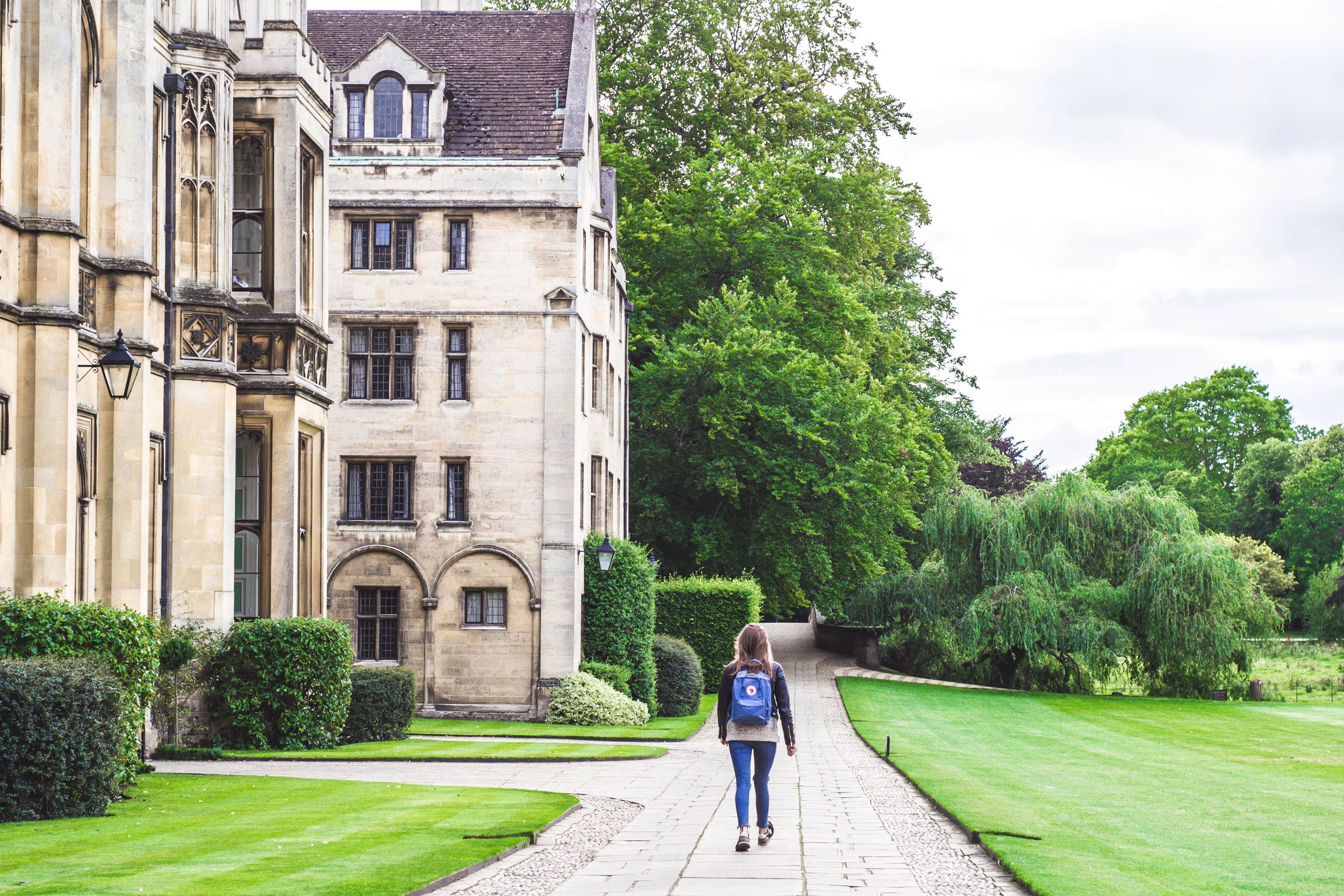We spoke with Professor Guy Littlefair, PVC International & Dean of Faculty at Auckland University of Technology, to learn about the measures he has taken to ensure that AUT is meeting the needs of its stakeholders.

Universities have always been subject to multiple pressures and influences from external forces, which is reflective of their important place in society. As we are all too aware, the pressures have increased in recent years as the impact of the pandemic and wider cultural shifts made themselves felt. Against this background the sector has had to adapt as countries and their citizens looked to higher education to help them navigate the new world.
Changes have been felt in every corner of the world and we spoke to Professor Guy Littlefair, PVC International & Dean of Faculty at Auckland University of Technology, to find out how New Zealand has been affected and the measures he has taken to ensure that AUT is meeting the needs of its students and stakeholders.
Whilst Guy and his team had a comprehensive strategy in place to be the university known for the desirability of their contemporary education, both vision and culture were challenged when the pandemic struck.
“We’ve got a robust strategic plan that everyone has universally bought into and it’s paid a dividend, but not in the way that we thought when we first put it together in 2017. Many things have now changed as a consequence of the pandemic including key measures around increasing the percentage of international students and our research student cohort, as well as improving equity for all learners. So there are lots of things for us to work on as an organisation, and as a leadership team we’re up for those challenges.”
When borders closed the impact on international demand in New Zealand was felt across doctoral (-5.8%), bachelors (-20%) and masters degrees (-18%). For AUT the impact of this was far reaching and extended beyond the walls of the campus.
“We were very exposed to the numbers of international students in Australia and New Zealand. In 2019 some universities had over 30% international students and the sudden turning off of those students had a significant impact. It’s not just the impact on universities, it’s the impact on the city. International students typically spend three times what they do on fees whilst they’re studying here. The AUT Auckland City Campus is in the heart of the city and international students would be spending their dollars in their local cafes in the supermarkets. Many would be working in hospitality and business owners are really struggling to get staff because of the significantly fewer international student numbers.”
With a rich culture and local economy to protect, Guy and his team needed to radically adjust their approach to recruitment to sustain numbers in the short term and embed measures for growth in the long term.
“We’re eager to welcome international students back physically on campus both for the university and the city. We’ve focussed on recruiting onshore international students as high schools. New Zealand has lots of international students who come to study for their high school then head off to the UK, America, Canada or Australia to complete their tertiary study. We changed our approach and spent time working with international students in high schools to encourage them to experience tertiary education in New Zealand, rather than going home or to other countries. We’re also working on having dedicated representatives in China, India and other parts of Southeast Asia. That’s the direction we’re heading because we understand that having someone who understands the culture, who is fluent in the language and is in the right time zone is going to make a huge difference to us.”
Flexing to the situation presented is something that has become commonplace for Guy. Faced with the challenge of delivering a curriculum of technology virtually and delivering on the university’s mission to provide exceptional learning experiences he places the student at the very heart of his response.
“Some universities in New Zealand set up offshore study centres through existing partners. The AUT approach was different, we decided to stand up a number of programmes online only and support students studying remotely. But it’s a short term solution to what could be a longer term problem, as we’re a university of technology and many of the programmes we offer are very practical. We’ve had to learn a lot through the pandemic to deliver a high quality education in a different way. When things turn to having more time on campus, it’s really about understanding what is the best of both, even students who love coming to campus could benefit from having material they could engage with outside of campus. It’s about doing more to support all of our learners and trying to meet them where they are, both physically and in their lives…
“We’ve got to be accommodating, understanding and provide solutions for all of our learners.”Professor Guy Littlefair
… going into the rapid lockdowns last year many of our students didn’t have the tools available for online provision. We did a lot of work last year to support students who couldn’t get access with loans and permanent solutions. That’s something we’re going to continue with to support all of our learners from different communities.”
Whilst the pandemic has created many challenges, there are also long-standing societal issues that Guy has tackled head on. Diversity remains at the heart of AUT’s mission as well as prioritising the needs of the people of Tāmaki Makaurau Auckland and Aotearoa New Zealand.
“The diversity in senior leadership teams and boards does not generally reflect stakeholders particularly well. Having said that, I do believe there’s good awareness of the disconnect between the diversity of the leadership team and the student cohort. Auckland is a very diverse community, we have some very affluent areas and some more deprived areas of the city. We’re a university that’s very much about inclusion and we purposely set out to encourage students to come to AUT who typically wouldn’t consider tertiary study as an option. What we endeavour to do is to provide inclusive excellence, which is really about striving for excellence, but being inclusive along the way. As the Pro Vice Chancellor International, I have a monthly meeting with our Student Union representative and Head of Student Services to address feedback on the positives, challenges and issues we need to work on.”
A strong component of the excellence built into the diversity, hybrid learning and recruitment strategies at AUT is providing students with the skills to succeed in the competitive jobs market. Guy has been able to apply his extensive experience across academia and industry to help students at AUT gain core and transferable skills with which to navigate the shifting opportunities of work and enterprise.
“What I’ve noticed over my career in the university sector, is that the pace of change is now increasing more quickly. Traditionally, we’ve had long established programmes that get tweaked but we’re now seeing a demand for courses that follow trends in industry. It’s about aligning education and skills as more and more employers are seeking a broad skill set. It’s been a competitive job market for a number of years now and that’s fed back into how universities approached the development and delivery of their courses. Employers are looking for skills to embed and support their own businesses, and where do they look? Well, they look to graduates. What we’re trying to do is have a hybrid approach where we give a great university education and support skill set development along the way too.”
If you’re interested in discussing how you can adapt your brand strategy to meet contemporary issues, get in touch with us here at The Brand Education. We’re always excited to hear from you.



